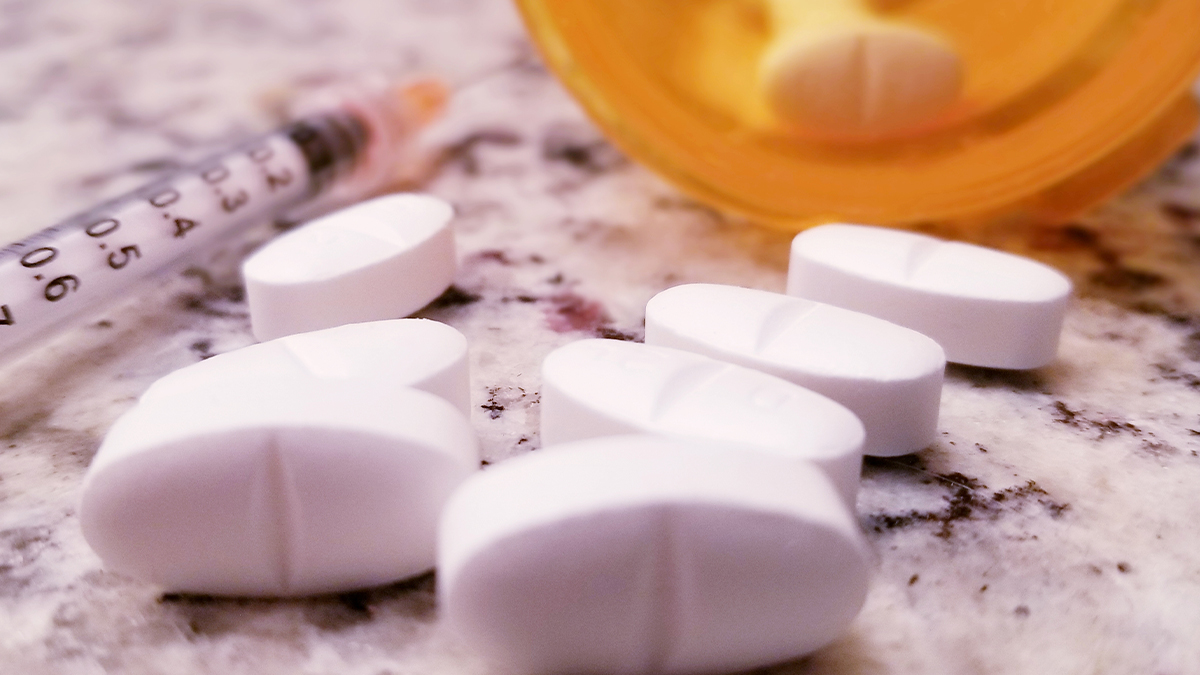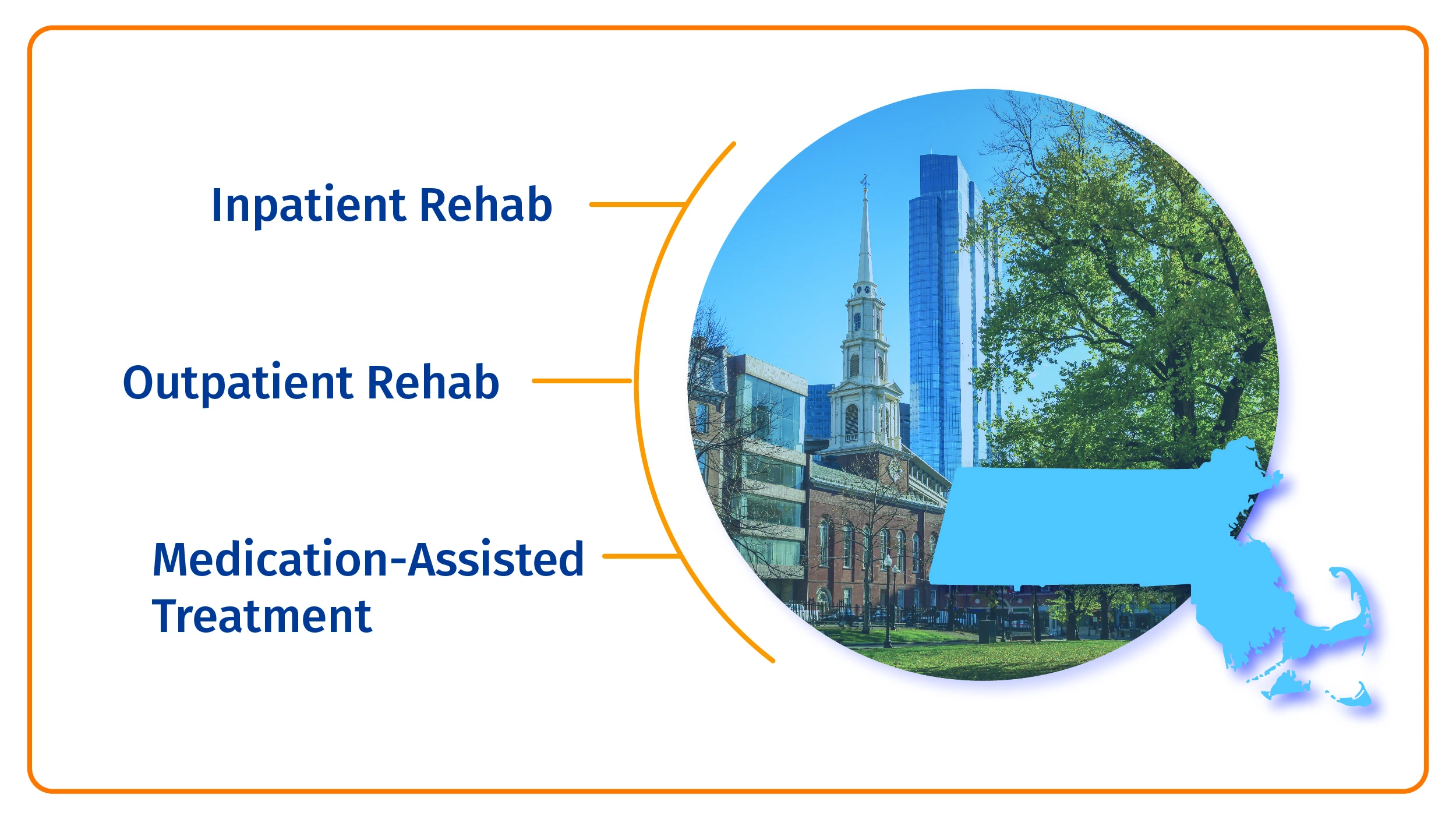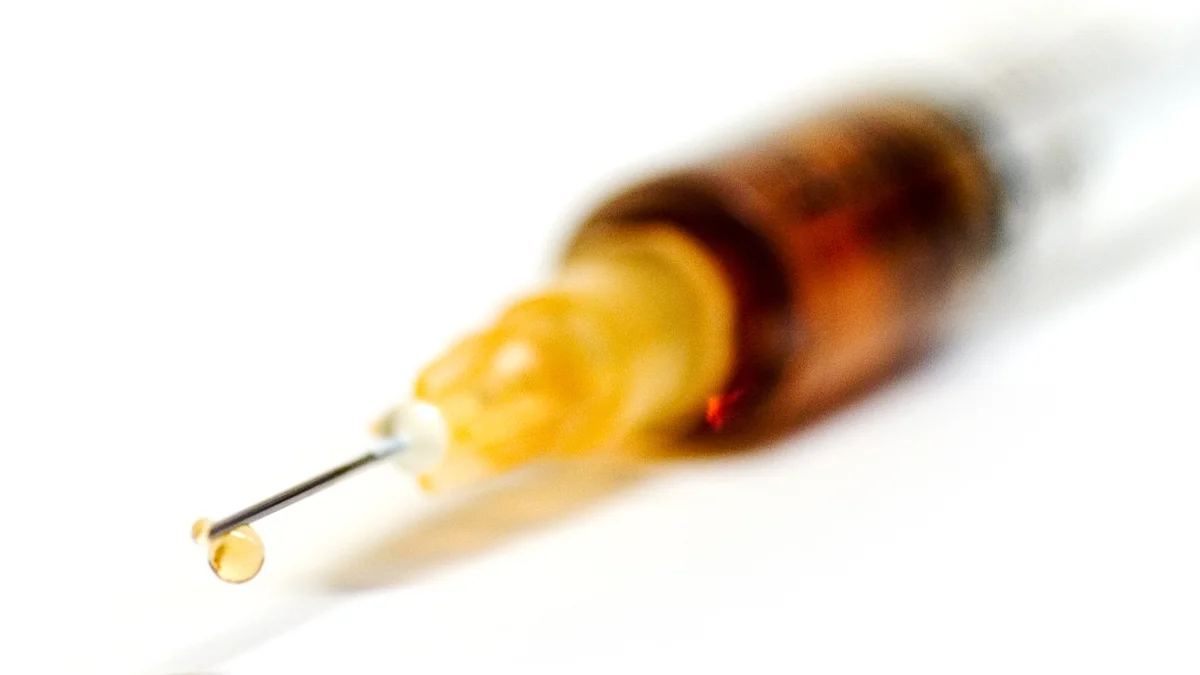
Lyrica With Suboxone: Risks And Safe Practices
The Recovery Team-Newton explores whether taking Lyrica with Suboxone is safe. Explore potential risks and guidelines

Overcoming addiction starts with selecting the right treatment program. Here is an overview of rehab options in Massachusetts and how to choose the best fit for your needs.
Inpatient or residential treatment involves living full-time at a facility while participating in intensive therapies, counseling, and support services.
Inpatient rehab is often recommended for severe addictions or when mental health disorders are also present. Typical components include:
Inpatient programs provide a structured environment to focus completely on recovery away from triggers and stressors. Stays often last 30-90 days or longer depending on progress meeting treatment objectives.
Outpatient rehab enables individuals to continue living at home while commuting for scheduled services. Various levels of outpatient care exist:
Outpatient treatment is optimal for those with mild to moderate addictions needing flexibility to attend work or school. It also serves as a step-down after inpatient rehab.
MAT integrates prescription medications, behavioral therapies, and peer support to treat substance abuse disorders. Medications like buprenorphine, naltrexone, and methadone help manage cravings, withdrawal symptoms, and prevent relapse.
MAT programs provide medical oversight, counseling, and peer support services. MAT is available in both outpatient and inpatient settings. It is often recommended for severe opioid use disorder after previous failed quit attempts.
With numerous rehab options in Massachusetts, it is essential to choose the program best suited for your needs:
Over 60% of addiction treatment is covered by private insurance or public programs in Massachusetts. This makes accessing rehab more affordable for many people.
Aftercare services help sustain positive change and prevent relapse after treatment:
The most successful rehab programs offer comprehensive discharge planning and direct linkage to aftercare services. Maintaining sobriety long-term depends greatly on continuing care after completing treatment.
Rehab facilities provide inpatient, partial hospitalization, intensive outpatient, standard outpatient, and medication-assisted treatment programs. The level of care should match the severity of addiction and needs of each individual.
Inpatient rehab typically lasts 30-90 days but can be longer if needed. Outpatient programs range from 1-2 therapy sessions per week to 5-7 days per week depending on the intensity. Overall treatment duration depends on progress meeting goals.
Medically-supervised detox provides 24/7 monitoring and medications to ease withdrawal symptoms and drug cravings. Detox usually lasts 5-7 days and prepares individuals for rehab treatment.
Top-rated rehabs use therapies like CBT, DBT, and motivational interviewing. Holistic services like yoga, meditation, art therapy, and adventure therapy may also be included.
Rehab facilities may offer scholarships, sliding scale fees, financing plans, and other options if you are underinsured or uninsured. Their admissions teams can explain all payment assistance available.
Important aftercare resources include counseling, sober housing, peer support groups, case management, relapse prevention planning, recovery coaching, and alumni programs.

The Recovery Team-Newton explores whether taking Lyrica with Suboxone is safe. Explore potential risks and guidelines

Learn about Suboxone injection side effects and explore recovery solutions in this guide by The Recovery Team-Newton.